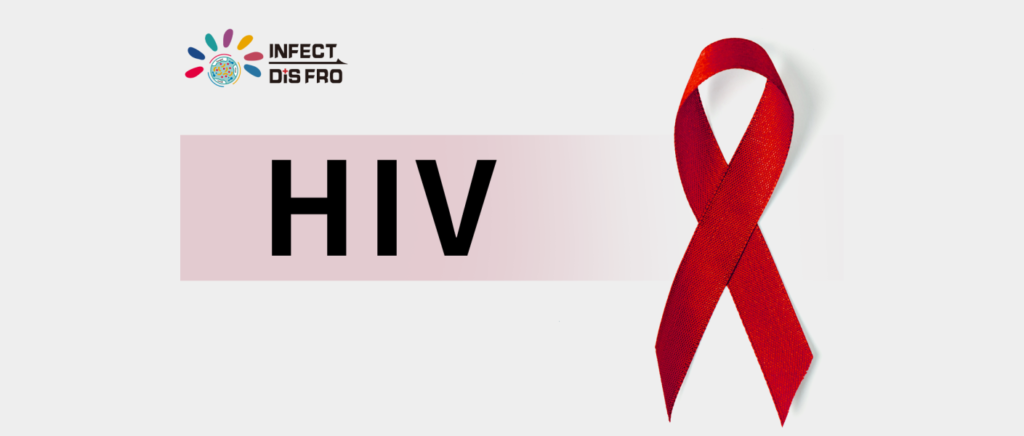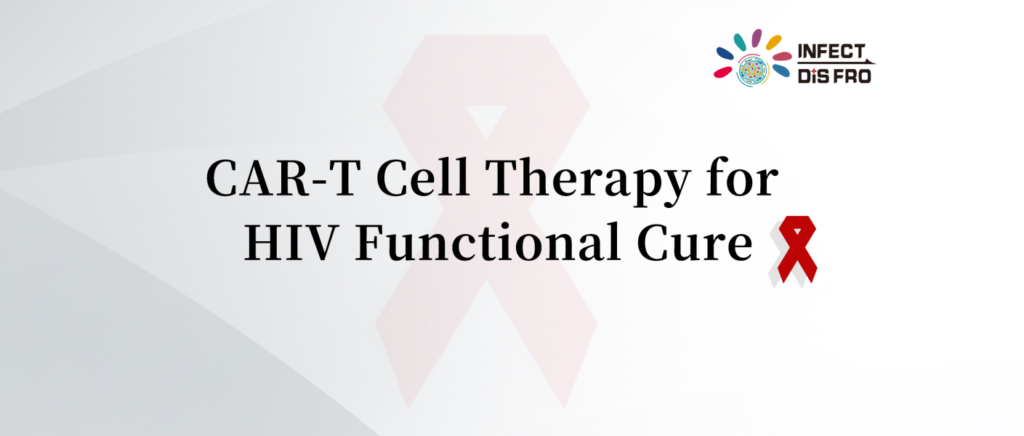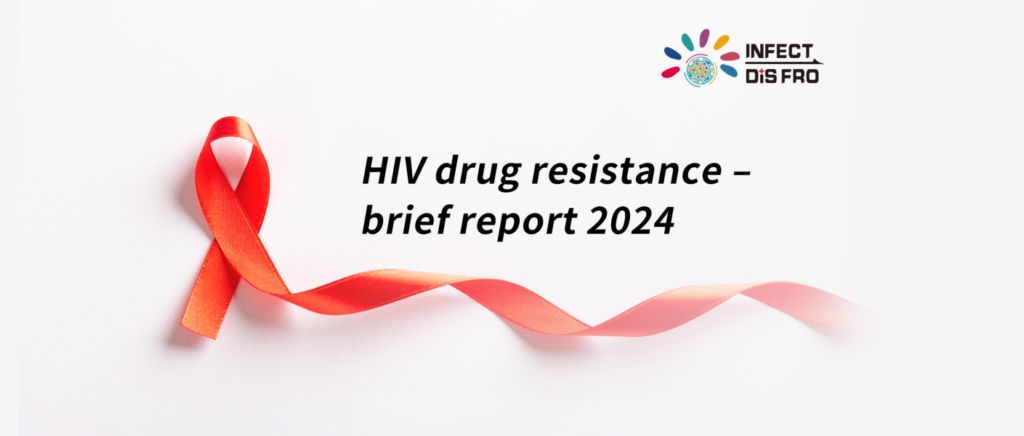New Long-Acting HIV Prevention Drug Shows 100% Efficacy in Phase III Trial
On June 20, Gilead Sciences declared a significant milestone in HIV prevention with the announcement of their long-acting HIV-1 capsid inhibitor, Lenacapavir, demonstrating a 100% efficacy rate in preventing HIV infection in women, outperforming the daily oral emtricitabine/tenofovir disoproxil fumarate (FTC/TDF) regimen.










